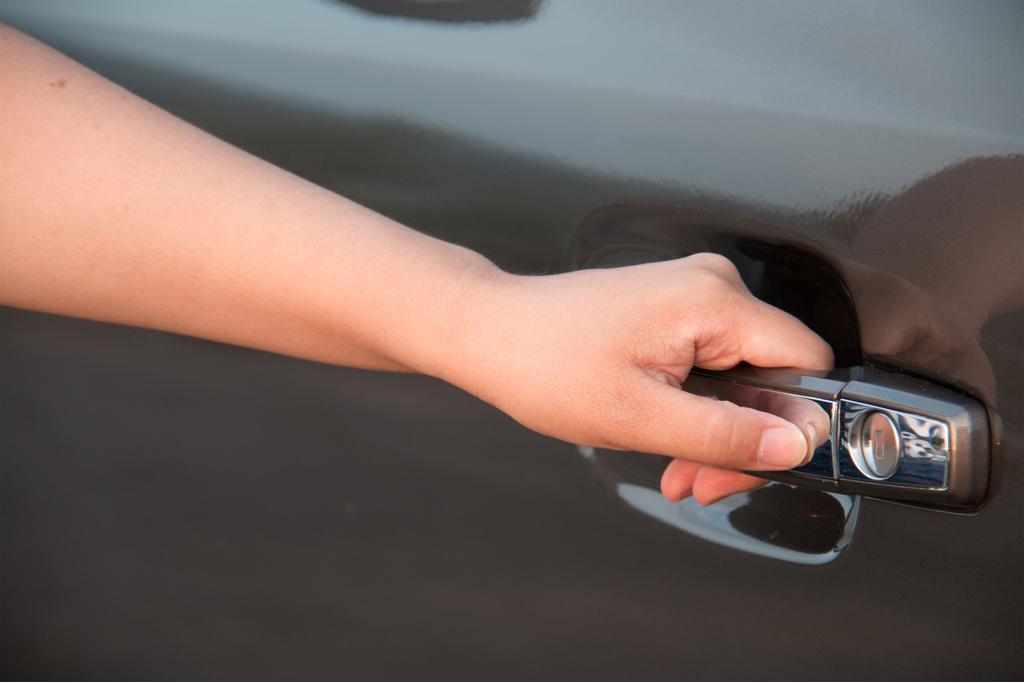
If the doors on your car creak and groan when they're opened or closed, the hinges are dry and need lubrication.
That's not just so they no longer disturb the peace. Without lubrication, hinges can eventually bind and bend, and the doors might twist off center and even stick. The same goes for trunk lids, liftgates, tailgates and hoods. Lubricating hinges with white lithium or another type of grease at the very least will allow them to operate more smoothly and with less effort.
Unfortunately, few repair shops or dealerships still perform these simple tasks (though it might pay to ask), so it's often up to ambitious vehicle owners to do it themselves.
Likewise, the rubber gaskets that seal doors, trunks and cargo areas deteriorate over time and may not seal as well. Giving them a light coat of silicone lubricant will keep them pliable and help prevent the gaskets from sticking during cold weather, which can freeze a door shut or damage the seal when you open the door.
With remote locking and unlocking almost universal on current vehicles, access to the passenger and cargo areas seldom requires a key. That means the old-fashioned exterior locks are seldom, if ever, used and are more neglected than ever. A growing number of new vehicles have only one exterior lock, on the driver's door.
Exterior locks should also be lubricated, such as with powdered graphite. An exterior lock that never gets used is more likely to collect dirt, moisture and other gunk that can make it harder to turn, especially in subfreezing weather. If the remote control were to conk out, forcing the driver to use a key, the lock might be frozen or hard to turn, especially with the small backup key that's hidden in most remotes. A bent or broken-off key creates a new problem.
Most mechanics advise not to use WD-40 — a degreaser and rust preventer that many mistakenly think is a fix-it-all lubricant — on hinges and locks because it doesn't have a lasting effect and attracts dirt.
Air conditioning is also nearly universal on vehicles, which is one reason the side windows on some vehicles are seldom opened. Crud builds up in window tracks over time and the rubber deteriorates, so as a vehicle ages the windows don't slide up and down as easily as they once did. Squirting some silicone lubricant or lithium grease (aerosol, not thick goop) into the side tracks can rejuvenate the rubber, shorten the time it takes to raise or lower the windows, and reduce wear on the electric motor for power windows.
Thank you so much Love your blog.. https://www.cambslockandsafe.co.uk/locations/peterborough
ReplyDelete